 |
| Keswick Weather Station with the rain clearing in the background. |
Twice now the Wi-Fi connection between my weather sensors (pictured above) and my desktop console has dropped out during electrical storms. So out came the ladder again.
This time, I suspected the console's batteries, which are trickle charged by a solar panel, might be flat due to the overcast conditions. I tried several remedies, including the use of rechargeable Energizer batteries. I re-booted, removed the batteries for two minutes, tried again and again, all to no avail.
This time, I decided to call Instrument Choice, the company I purchased the weather station from. Daniel was very helpful. The weather station sensors use rechargeable AA alkaline batteries. These hold a charge of 1.5 volts. The Energizer and Duracell rechargeable batteries I use around the house hold only 1.2 volts, which means they are not too good for the sensors.
But the problem was not the sensors, it was the console. Daniel tells me to remove the batteries for twenty minutes, and the sensors will reconnect. I do this, and in the meantime, I decide to put the original 1.5 volt batteries back in the sensors.
So up the ladder I go again. I replace the alkaline 1.5 volt batteries, and I re-position the station. I climb back down, go inside, replace the console batteries, and... nothing.
Why? When the console is connected to my computer via the USB cable, it does not need batteries. So out comes the cable, out comes one battery, and I decide I will just try straight away. Within seconds of putting the battery back in, the sensors are reporting again.
I must have been up and down the ladder a dozen times to fix this problem. I lost my "gold star" rating with Weather Underground while messing about. All I had to do was power down the console, update the time and date, and let it reconnect by itself.
But I was impressed with the technical support at Instrument Choice. Daniel was very helpful.
It is a truism that we live and learn; and it's hard work learning to operate a weather station!
Lessons for next time
- When an electrical storm cuts out the Wi-Fi connection, all I need do is turn off the console, and allow it to reconnect with the sensors. Do this before climbing up the ladder.
- Jaycar sells the proper AA rechargeable alkaline batteries for my weather station, should I need to replace them.
- If the AA rechargeable alkaline batteries fail, and I do not have replacements nearby, then non-rechargeable lithium Energizer batteries will last 9 to 12 months in the sensors.
 Donate
Donate



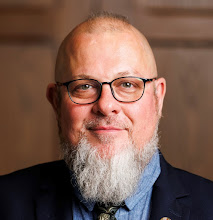






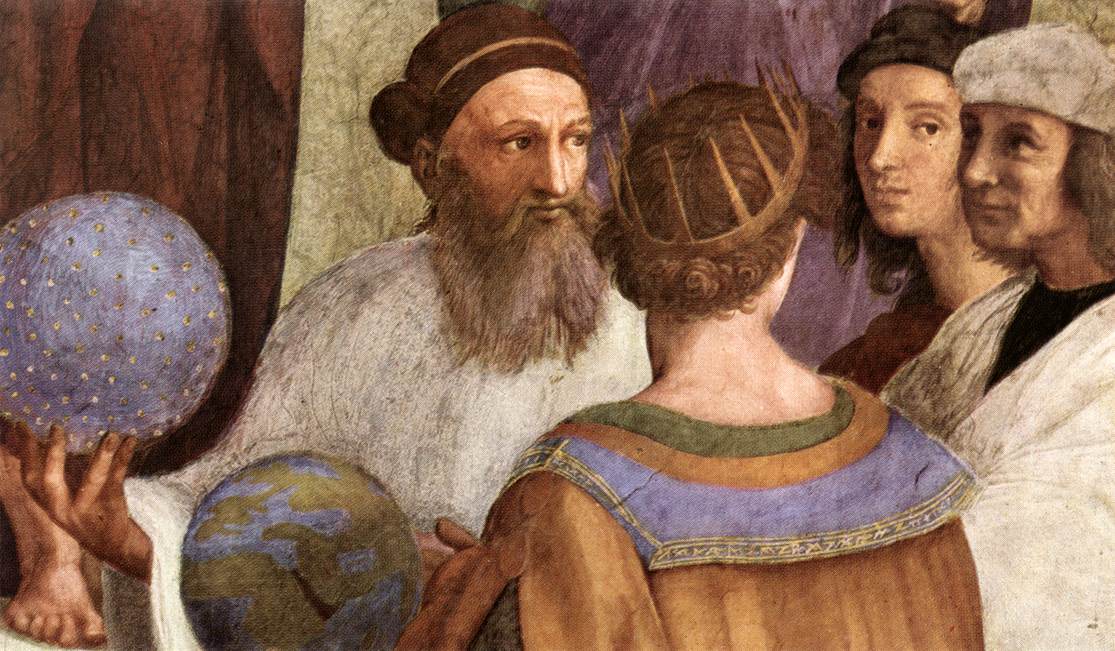

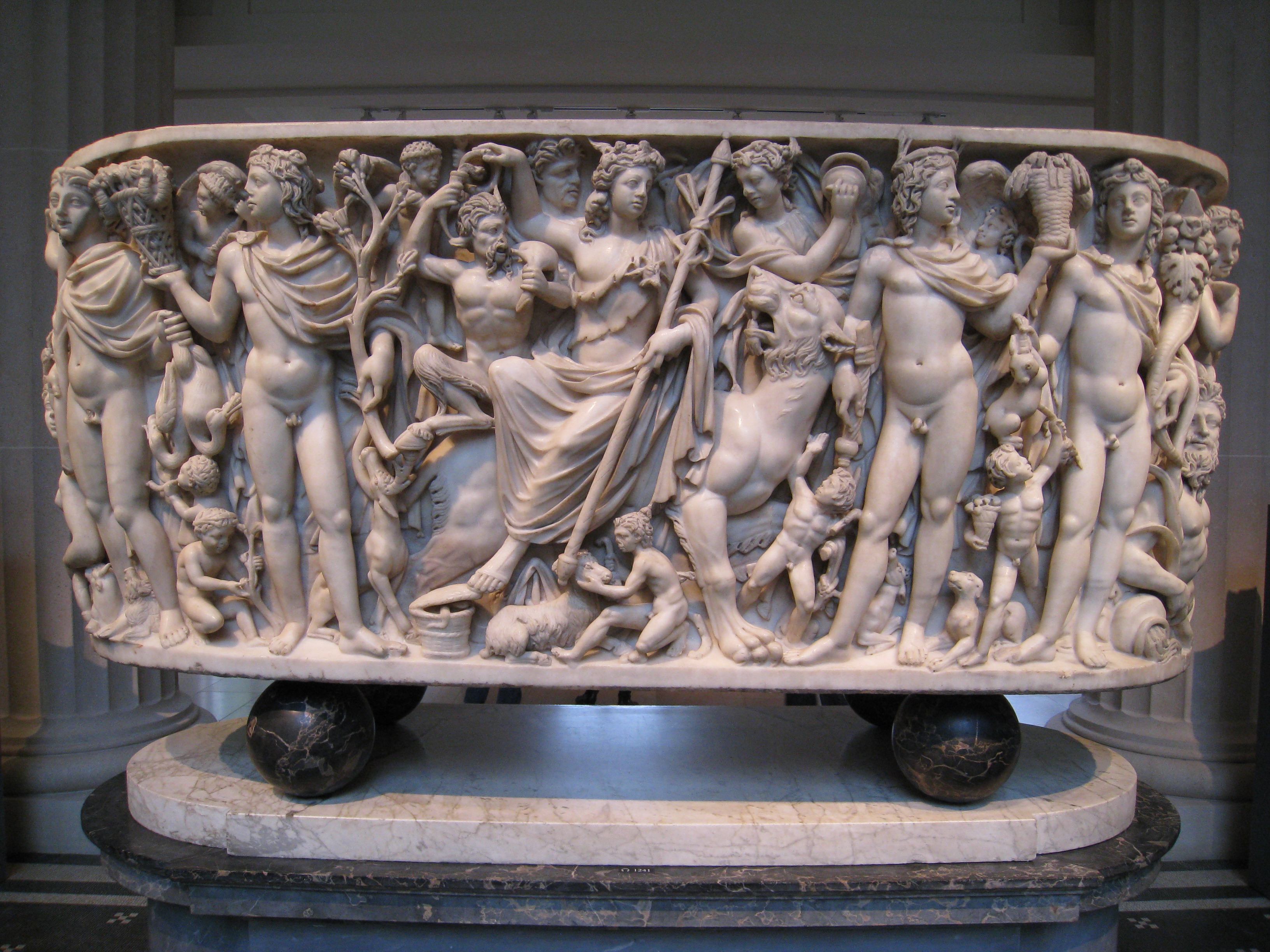

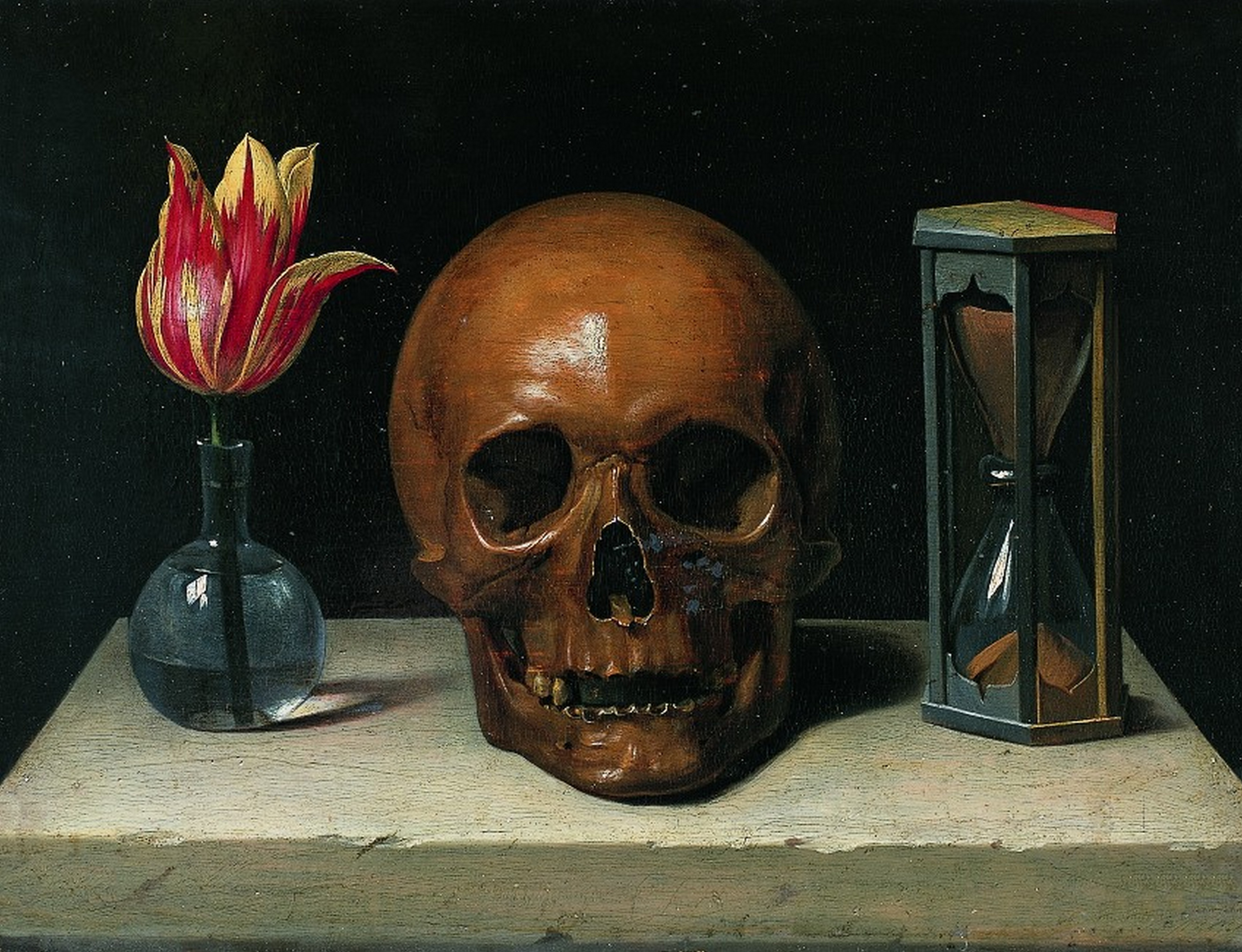



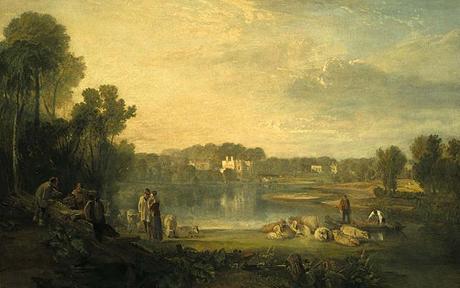




 The Political Flâneur: A Different Point of View
The Political Flâneur: A Different Point of View